Lung Cancer Screening
Our specialists want the best for you, which is why we provide lung cancer screenings. This five-minute test is for people with a history of tobacco use. It saves lives by detecting suspicious growths before they are large enough to cause symptoms.
BJC HealthCare works with Washington University physicians, BJC Medical Group, and providers across the region to deliver extraordinary care. Siteman Cancer Center and the Missouri Baptist Cancer Center are two programs accessible through BJC HealthCare. Lung cancer typically doesn’t cause symptoms until it’s more advanced, which is why screenings are essential. We provide comprehensive care, including easy access, same-day service when necessary and interpretation from specially trained radiologists.
Highlights of our program include:
Safety: We use a low-dose CT scan to check for suspicious growths (lung nodules). It involves less radiation than a standard X-ray or CT scan, so you don’t have to worry about unnecessary exposure.
Pioneering efforts: We co-led national clinical trials in 2002 that laid the groundwork for today’s lung cancer screening methods. Our efforts demonstrated the superiority of low-dose CT scans to traditional chest X-rays. It also allowed us to become an early adopter of this technique, so you benefit from our decades of experience.
Personalized approach: Determining whether a lung cancer screening is right for you isn’t always easy. We guide you through the decision-making process. Experts also take time to answer any questions you may have so you can move forward with confidence.
Lung cancer care: We connect you with experts at the Siteman Cancer Center if a screening shows signs of cancer. You can access all the expertise and resources you may need, including advanced testing and treatments. Our team’s nurse navigator ensures you receive the services you need in a timely manner.
Convenient locations: We offer several locations throughout the region, making it easy to schedule a quick appointment near you.
BJC is a connected network of specialists offering advanced capabilities and a seamless patient experience. After receiving a physician referral, call (314) 362-9355 or (800) 392-0936 to schedule an appointment, and we’ll take care of the details.
A CT scan uses special X-ray equipment and software to create cross-sectional images of your lungs. The CT scanner is a donut-shaped tube that makes a humming noise as X-ray beams rotate around your chest.
The test produces a series of scans similar to a loaf of thinly sliced bread. It enables experts to check for lung nodules by looking at one small section (slice) of tissue at a time. Finding nodules does not always mean a cancer diagnosis. They can be due to other issues, such as scars or previous infections.
We contact you shortly after your scan if we detect a nodule requiring further evaluation. You may meet with a pulmonologist or thoracic surgeon who explains the findings and next steps of your care. It may involve a more detailed scan or procedure to take a tissue sample.
Lung cancer screenings only take a few minutes. It takes a few minutes to get you into position, and then we start the scan.
Here is additional information to help you prepare for your lung CT scan:
Clothing: You should wear comfortable, loose-fitting clothing.
Food, drink and medications: Take medications as you usually would unless our team says not to. Do not eat or drink anything two hours before your screening.
Jewelry: Do not wear jewelry during your scan. We recommend leaving valuables at home.
Metal objects: It’s essential to remove metal objects before a CT scan, including eyeglasses, dentures, hearing aids and hairpins.
Pregnancy: If you might be pregnant, please let us know so we can take steps to protect your baby.
Billing: You will receive two bills. One is from the facility, and the other is from the radiologist interpreting the scan. Check with your insurance for specific billing charges to expect.
We typically recommend lung cancer screening for people who:
Are between 50 and 77 years old
Currently use tobacco or have quit within the last 15 years
Have a smoking history of “20 pack-years.” For example, smoking one pack of cigarettes daily for 20 years or two packs daily for 10 years.
Face additional lung cancer risks due to COPD, pulmonary fibrosis, radon exposure or family history
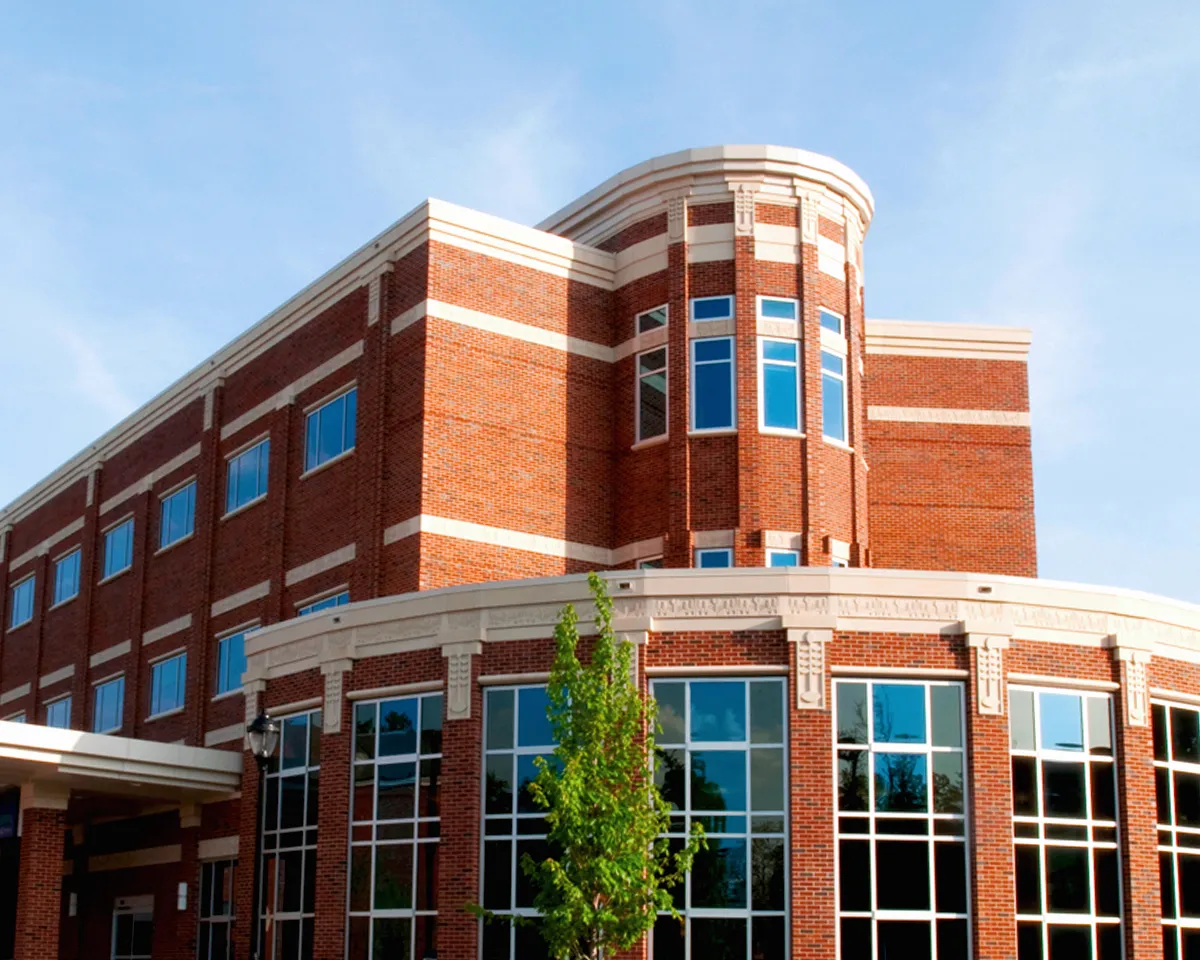 Alton Memorial Hospital
Alton Memorial Hospital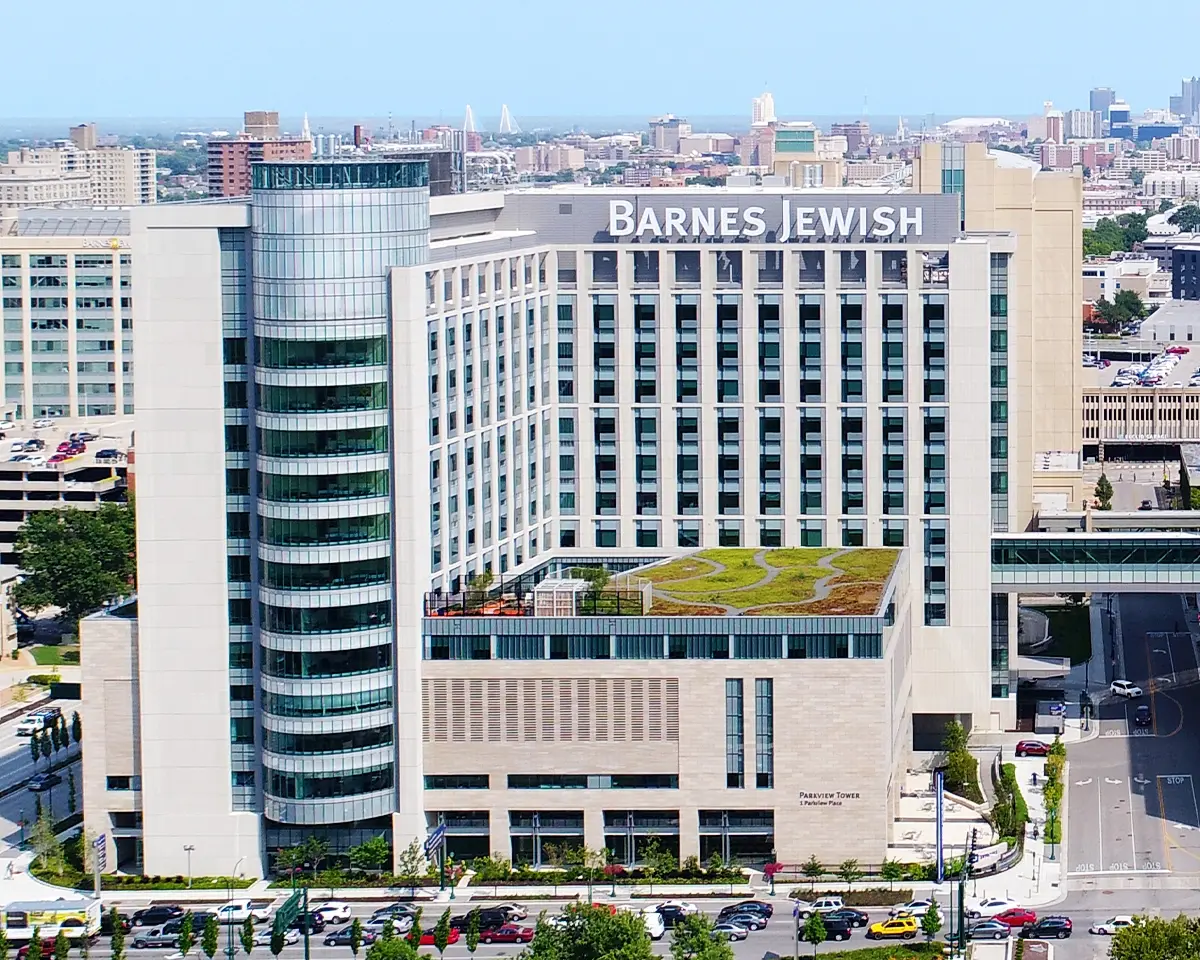 Barnes-Jewish Hospital
Barnes-Jewish Hospital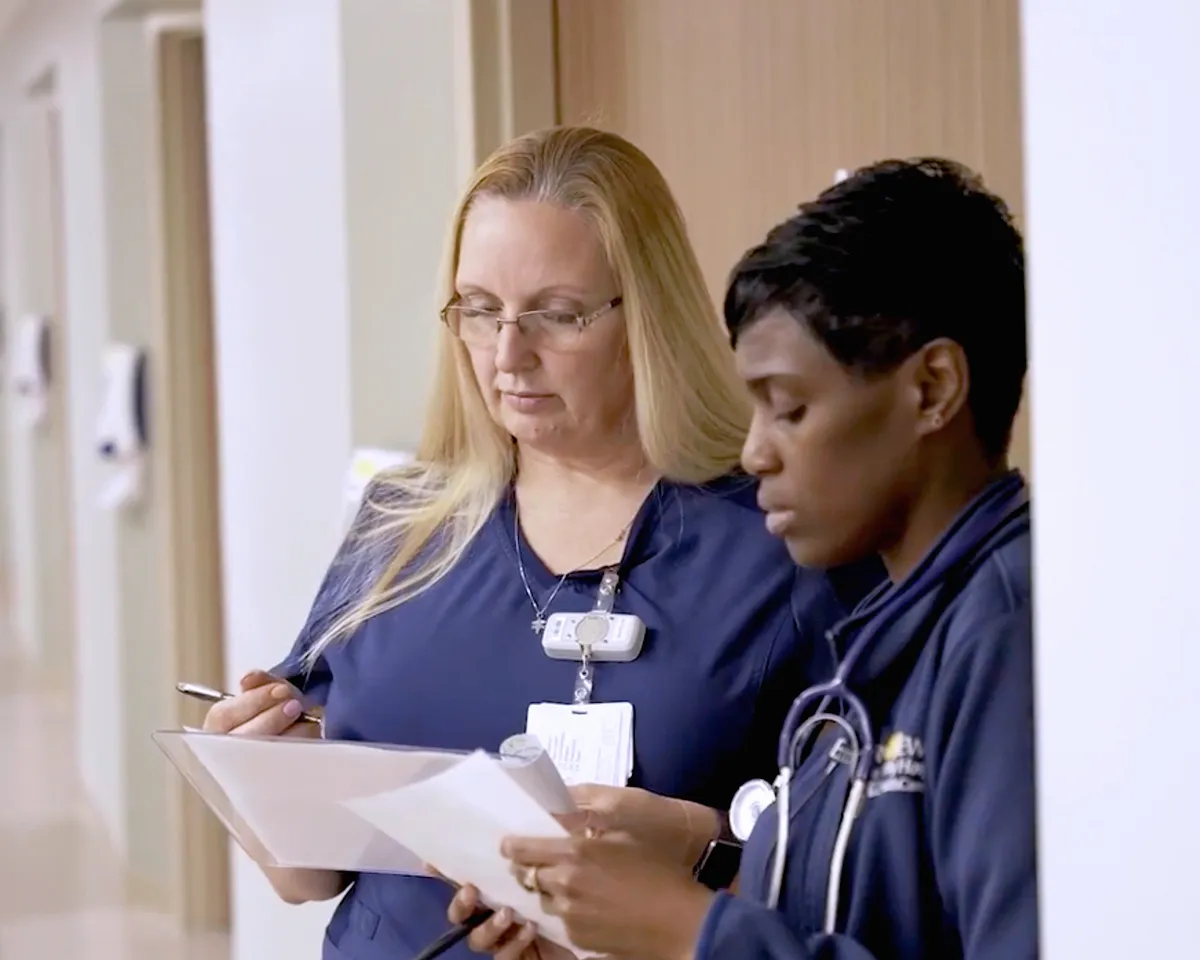 Barnes-Jewish St. Peters Hospital
Barnes-Jewish St. Peters Hospital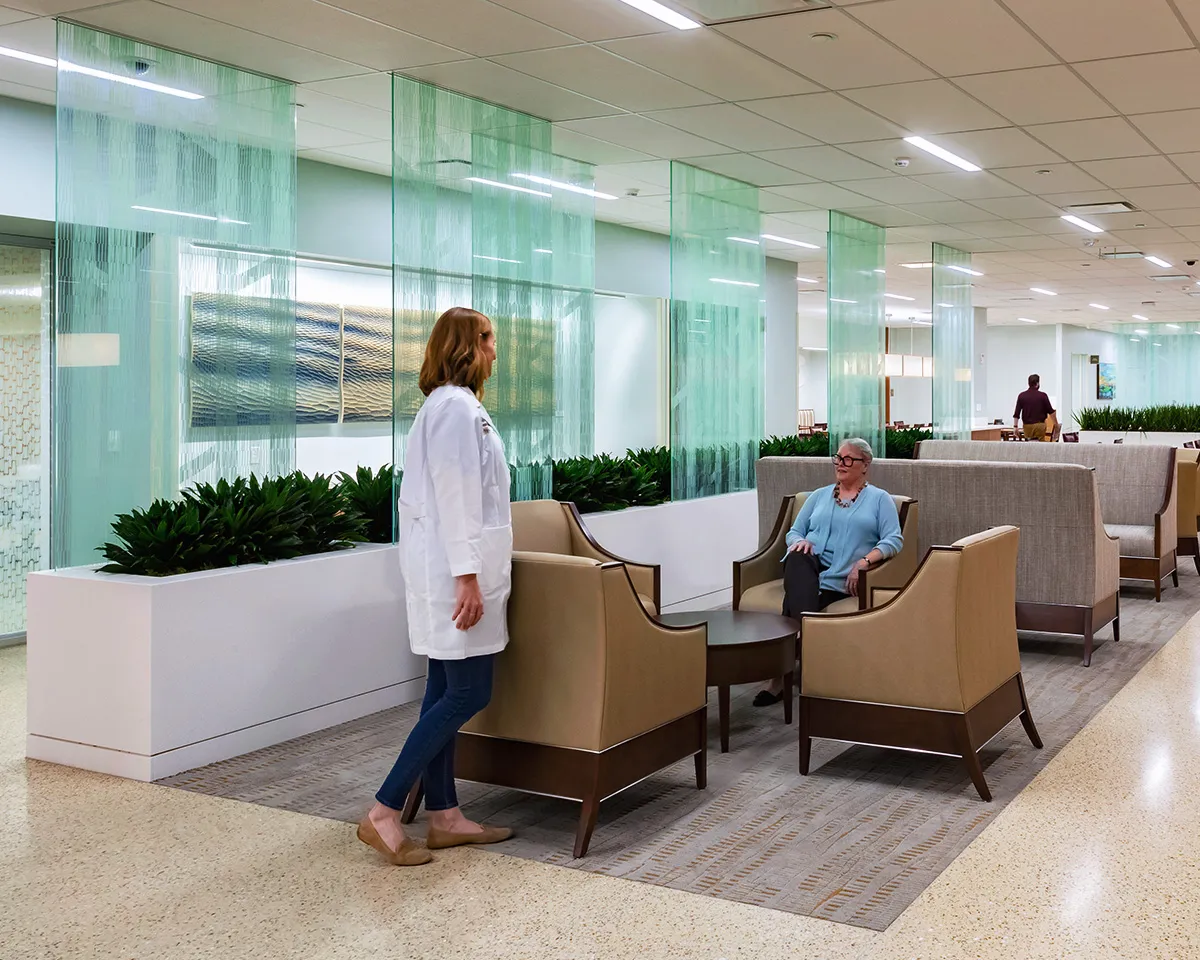 Barnes-Jewish West County Hospital
Barnes-Jewish West County Hospital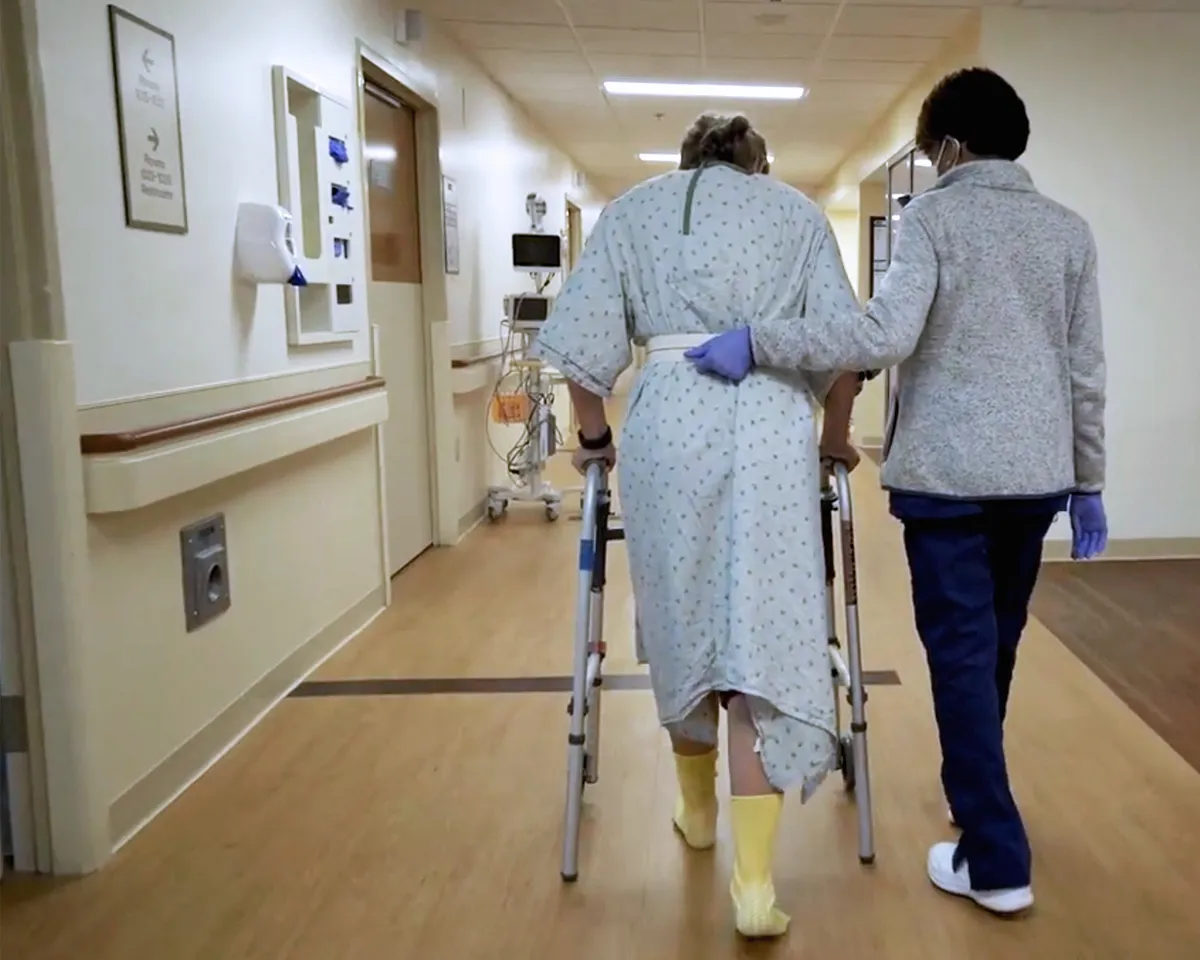 Christian Hospital
Christian Hospital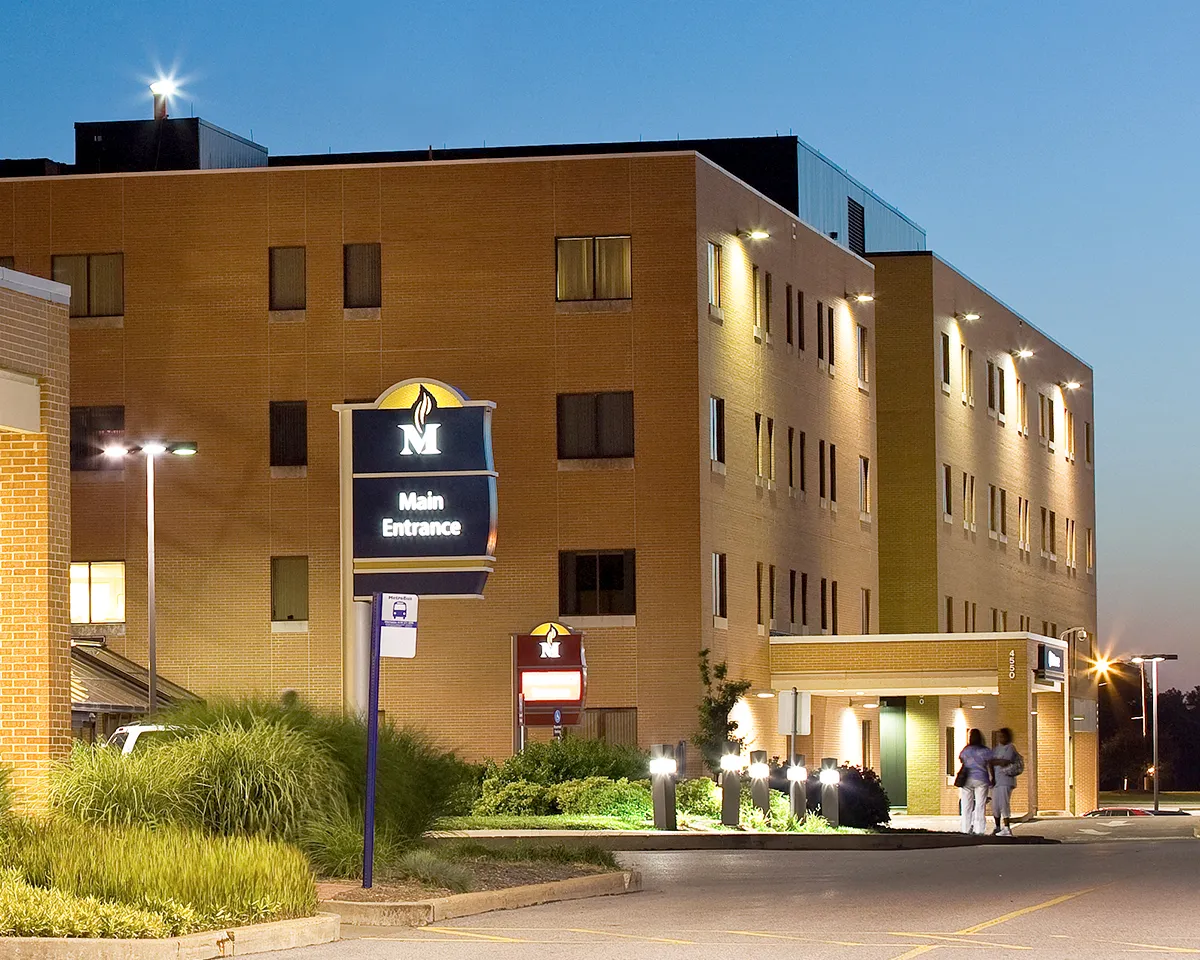 Memorial Hospital Belleville
Memorial Hospital Belleville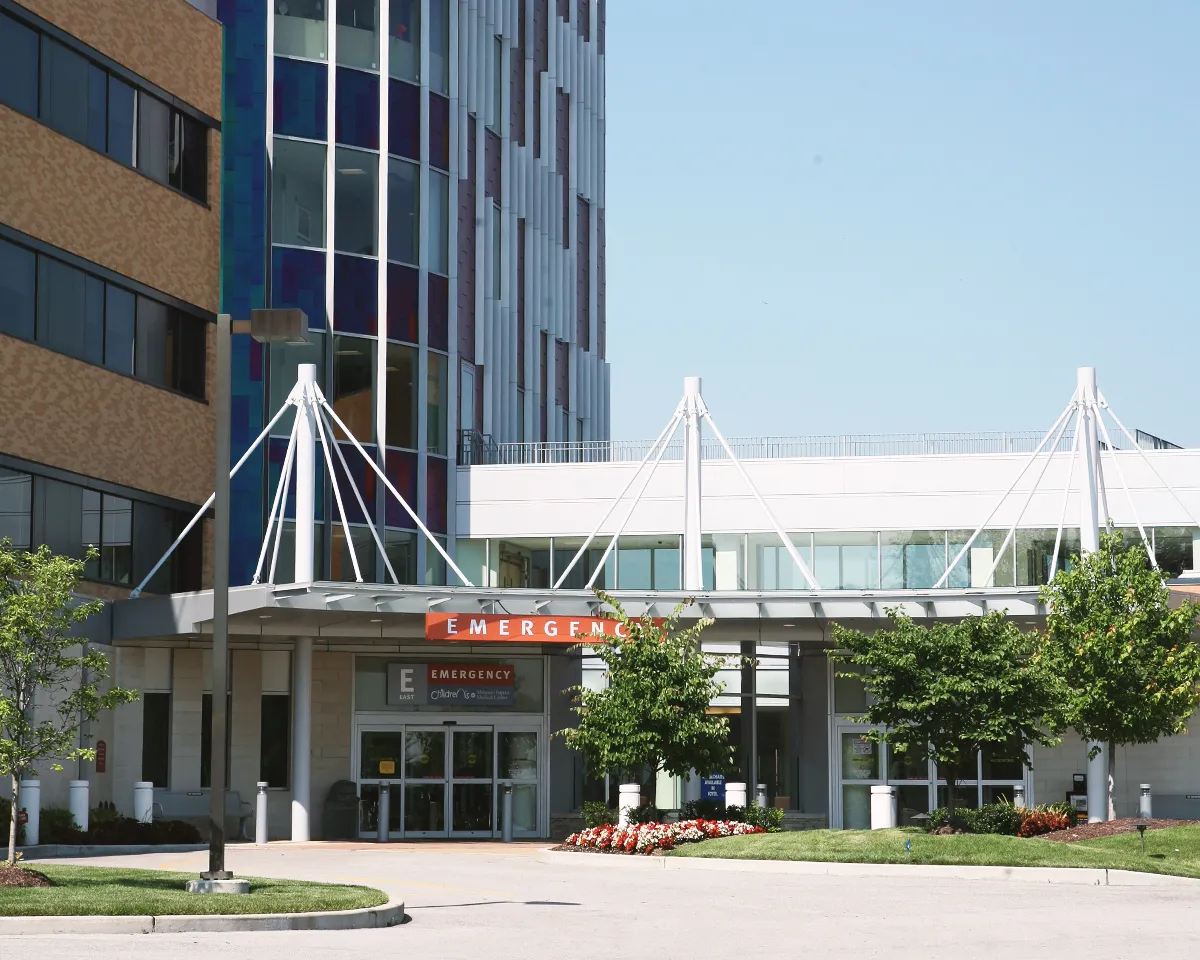 Missouri Baptist Medical Center
Missouri Baptist Medical Center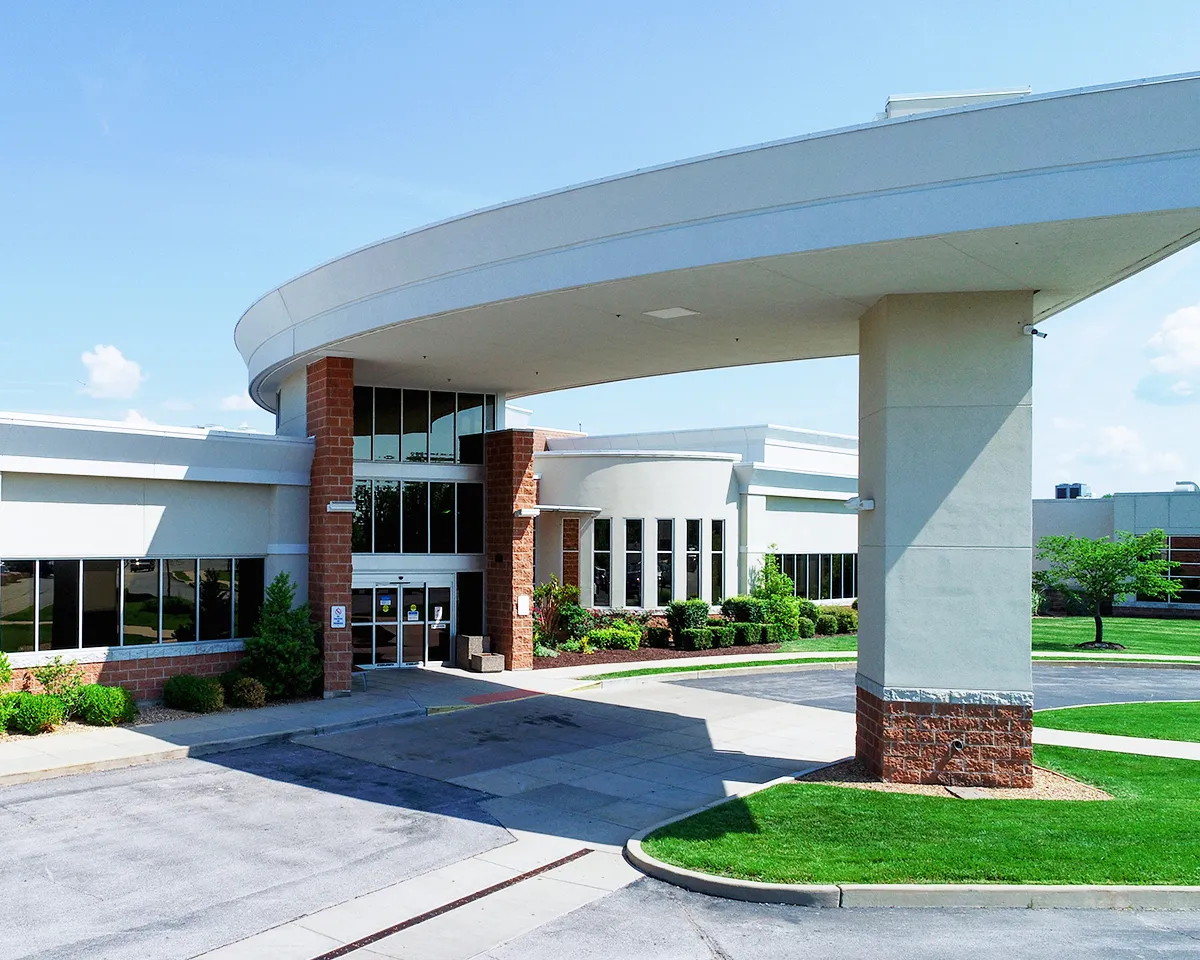 Missouri Baptist Sullivan Hospital
Missouri Baptist Sullivan Hospital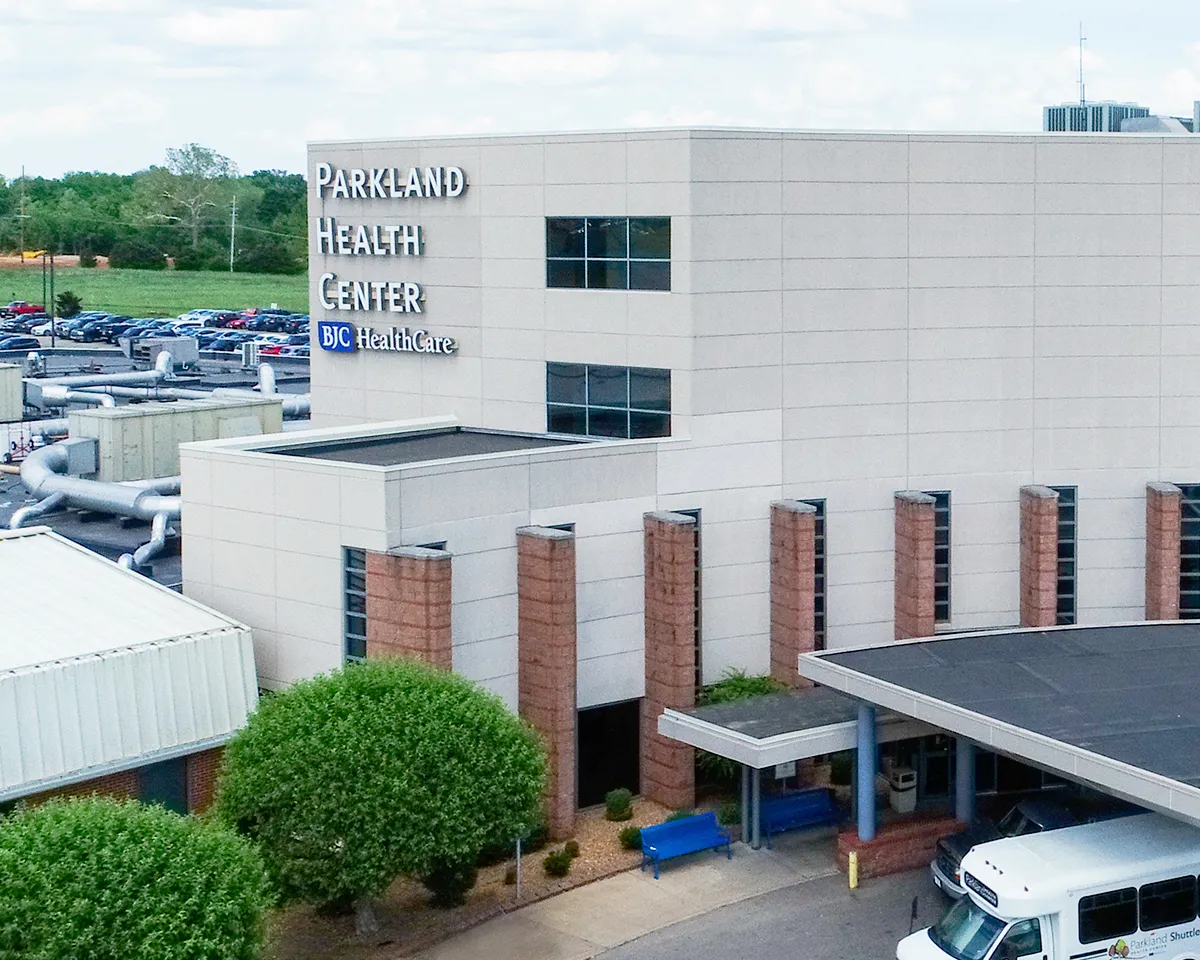 Parkland Health Center
Parkland Health Center
Schedule your appointment
Call (314) 362-9355 or (800) 392-0936 to schedule an appointment.